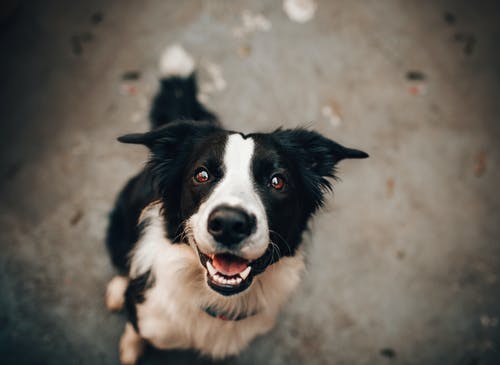Dogs might get ill with pneumonia or other respiratory diseases, similar to people. Having said that, if you aren’t familiar with the specific symptoms to keep an eye out for, it may not be instantly noticeable that your dog has a problem. Before we get into that, though, what is pneumonia? Pneumonia is defined by inflammation of the air sacs and the surrounding tissue of the lungs. High fever, coughing, and shortness of breath are common indicators of this condition.
So what happens when a dog gets pneumonia? Let’s look at what causes pneumonia in dogs and how to treat it.
What Causes Pneumonia in Dogs?
Dogs get pneumonia when there is inflammation in their lower respiratory system or lungs. This inflammatory reaction can be caused by microorganisms, fungi, parasites, or viruses, among other things. Most of the time, bacterial or viral pneumonia is caused by another illness, like bronchitis, kennel cough, or parainfluenza.
Bronchitis
When a dog has bronchitis, it normally starts with a dry, hacking cough that can last for up to two months. Canine bronchitis can be caused by various factors, such as an infection in the respiratory system or breathing in chemicals or other allergens, including cleaning products. Other allergens, like powdered feed products, room deodorizers, as well as house dust, can also cause bronchitis, which can become pneumonia if it isn’t addressed.
The most effective way to help your dog avoid bronchitis is to keep your home free of dust and chemical fumes that get into the air.If you feel your dog has a bronchial issue, you should take it to the veterinary emergency nearby for an examination and treatment right away before it becomes life-threatening.
Kennel Cough
Kennel cough is a common disease that dogs can get from being close to other pet dogs, like in a boarding kennel. Keeping your dog away from these environments is the best approach to avoid this condition.
In addition, the bacterium Bordetella frequently referred to as “kennel cough,” can be prevented by providing your dog with a preventative vaccination. Two dosages are given two to four weeks apart, followed by a booster dose six months to a year later. On the other hand, veterinary facilities like Kay Animal Hospital can help you give your dog the vaccines it needs to avoid contracting kennel cough.
Parainfluenza
Canine influenza or greyhound illness are all other names for parainfluenza. It’s highly contagious between canines and, if untreated, can be deadly. Dog owners often mistake it for kennel cough, which could worsen the dog’s pneumonia if not treated properly. So, if you want to protect your dog from parainfluenza, you should get them vaccinated, but only after speaking with your Douglasville vet.
The Importance of Pneumonia Prevention
Preventing pneumonia in your canine has lots of positive side results, the first and foremost being a much healthier dog. It is vital to make sure your dog is current on vaccinations, eating a well-balanced diet regimen, and getting plenty of exercise before spending time in a kennel or around other pets.
Furthermore, when your dog is in good shape, you’ll find that preventative care at the veterinarian’s clinic is much more cost-effective than treating pneumonia, which can be very pricey, especially if your dog needs to spend time in the healthcare facility.
Conclusion
Pneumonia in dogs is a life-threatening disease that needs immediate vet care. You can help protect your dog from this respiratory infection by being aware of the indications and taking preventative action. A rapid medical diagnosis and treatment plan are crucial for your dog’s recovery if your pet contracts pneumonia.




